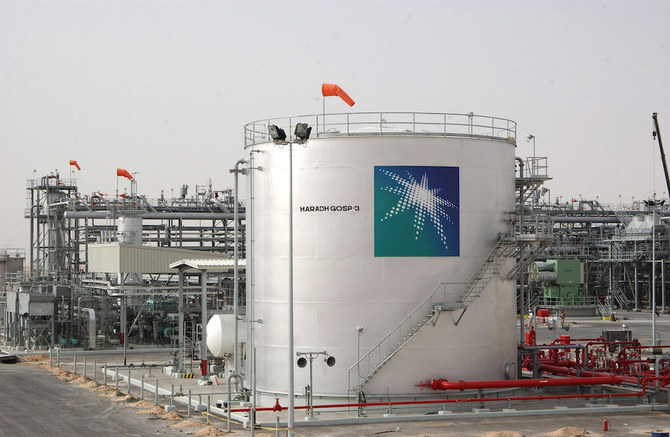RIYADH: Jordan’s King Hussein Bin Talal Development Zone and Irbid Development Zone have attracted about 490 million Jordanian dinars ($690 million) in investments, according to a senior government official.
Ezzedine Kanakriya, the head of Jordan’s Social Security Investment Fund, revealed the information while reviewing the plans of the Social Security Corp. to build development zones in the country to attract investments from various industrial sectors to KHBTDZ, also known as Mafraq and IDZ. The SSIF is the investment arm of the SSC.
During the visit, Kanakriya stressed that the utilization of the strategic locations of the two zones, their competitive infrastructure, logistical services and targeted sectors contributed to creating an attractive business environment and the resulting investments.
He said the two regions provided up to 3,600 quality job opportunities for Jordanian entrepreneurs across various sectors.
According to Awwad Hijazi, the chairman of the board of directors of the Daman Co. for the Development of Development Zones, the IDZ drew investments in the information technology and software sectors and attracted call centers, entrepreneurship incubators and a technical college for vocational training.
Hifazi indicated that the IDZ had attracted Jordanian and Arab investments worth 40 million Jordanian dinars and had provided more than 2,300 job opportunities for locals.
On the other hand, the KHBTDZ has attracted multiple industrial investments in addition to several solar energy projects with a total investment value of about 450 million Jordanian dinars, providing 1,300 jobs to locals, disclosed Salem Al-Khazaleh, the chairman of the board of directors of the Mafraq Development Co.
Al-Khazaleh also indicated that the number of existing factories in the region and those under construction and design amounted to 54 factories owned by Jordanian, Arab and foreign investors.
The development authority in Jordan plans to establish an integrated logistics services center in Mafraq and a land port to transport goods to neighboring countries. It also intends to convert King Hussein Air Base into a commercial airport.
The parties also reviewed the plans being implemented to attract new entrepreneurial investments for the Irbid development region to contribute to strengthening the Kingdom’s distinctive regional position in entrepreneurship and innovation.

























